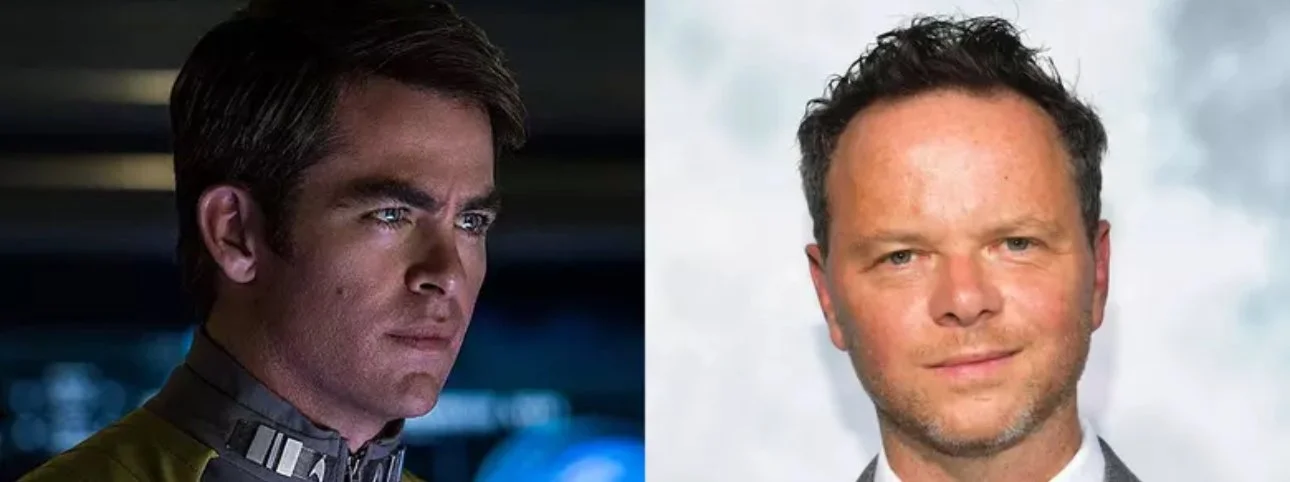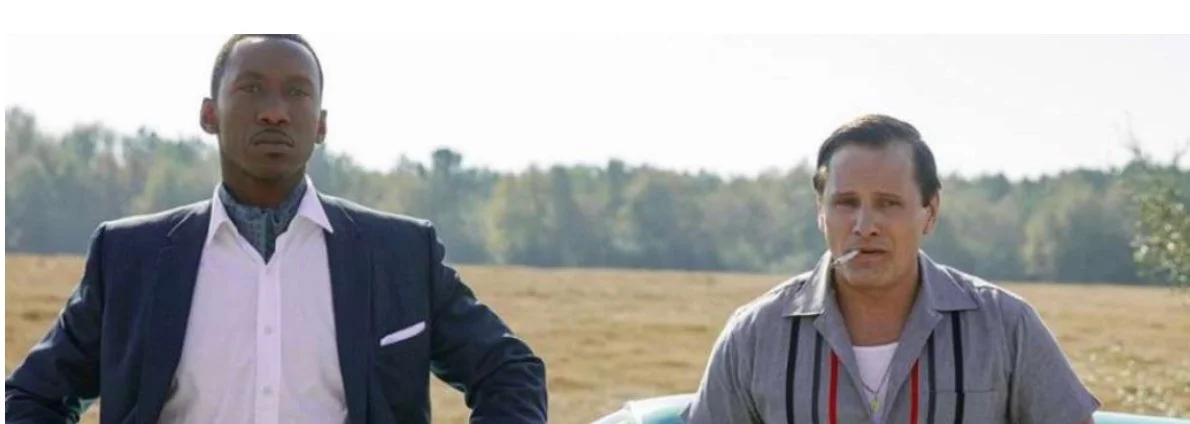NOTE: Given the Oscars are just three weeks away, here’s an old 10.09.23 post that’s been re-edited for 2025 purposes.
Looking back at the Best Picture winners of the last 25 years, you notice only a handful of deserving films: “No Country For Old Men,” and “The Departed” come to mind. I also have no issues in the Academy giving the top prize to “Gladiator,” “12 Years A Slave,” “Birdman,” and a few others.
This morning, I had a friendly argument with a well-known NYC film critic. She kept honing on about how “Green Book” was the worst Best Picture winner of her lifetime. I disagreed. “It’s “Crash, I replied, “and it’s not even close.”
Before and, especially, after it won Best Picture, “Green Book” caused the kind of backlash only exceeded by “Emilia Perez.” Anybody who liked the film must have been a racist. The NAACP’s president agreed with that sentiment. Viggo Mortensen had to step in to claim that accusations of racism were “unfair’” and “dangerous”. The winter of 2019 was a wild time to cover the Oscars.
Spike Lee was in agreement that “Green Book” was racist, calling it a “white savior” and “magical negro” movie. When “Green Book” finally won Best Picture, it bested Lee’s “BlackKlansman,” which prompted a visibly angry Lee to turn his back to the stage in protest.
Sure, “Green Book” might not be a great movie, but it was a fairly easy one to like, especially with its two terrific lead performances, Viggo Mortensen and Mahersala Ali. It was safe entertainment and reminded me of old-school buddy comedies that just don’t get made anymore (“Planes, Trains and Automobiles").
Steven Spielberg also loved “Green Book,” it was his “favorite buddy comedy since “Butch Cassidy and the Sundance Kid,” he claimed.
“Spielberg watched [“Green Book”] at 8AM and called me at 10AM,” said Farrelly. “He flipped and said it was his favorite buddy movie since “Butch Cassidy and the Sundance Kid.”
Oscar-nominated “Green Book” editor Patrick J. Don Vito added that Spielberg loved the movie so much “he watched it five times over two weeks.” The pic was on a DCP which has a code, and Spielberg called every time he wanted to watch it again with a new code.
The amount of media vitriol that the film garnered was wild. The L.A. Times’ Justin Chang wrote a piece with the headline: “‘Green Book’ is the worst best picture winner since ‘Crash.’” Chang wrote:
“Green Book” is insultingly glib and hucksterish, a self-satisfied crock masquerading as an olive branch.” Calling it “an embarrassment […] It reduces the long, barbaric and ongoing history of American racism to a problem, a formula, a dramatic equation that can be balanced and solved.
Nope. “Green Book” is nowhere near the same mediocre league as 2006 Oscar winner “Crash.” It’s also better than other 21st century winners such as “Coda,” “Everything Everywhere All At Once,” “Chicago,” “The Artist,” and “Argo.”
In fact, if “Green Book” has had a tough time with critics, it is still well-loved by movie audiences and has had a healthy “shelf life,” so to speak, these last seven years. Its 8.2 IMDb user rating and A+ CinemaScore are indicative of a massive divide between audiences and critics.
Sometimes, critics just need to stop trying to find something to get outraged about. “Green Book” is a well-meaning film, but more importantly, had the humor and story to win over a large stream of moviegoers.






